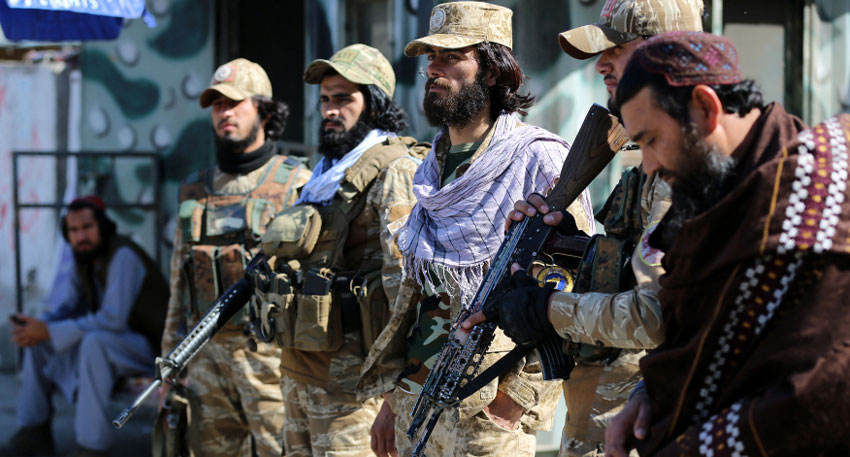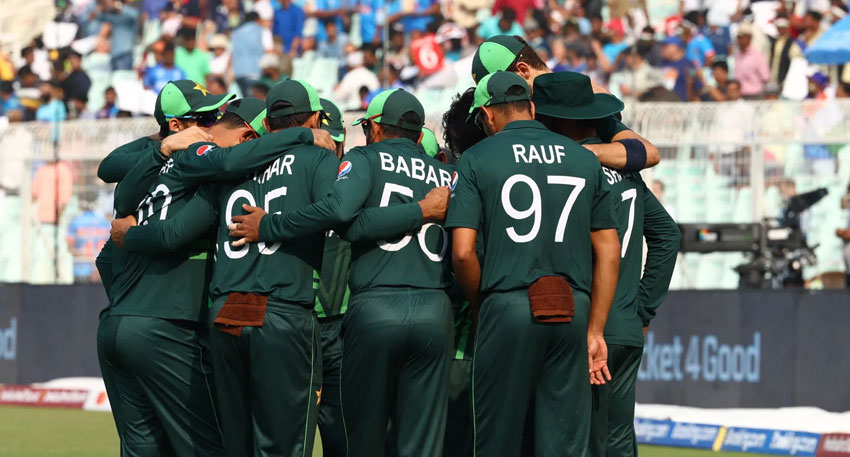
Two days ago, Prime Minister Shehbaz Sharif laid it bare: Kabul must choose—Pakistan or the TTP. His words echoed the frustration that has been simmering in Islamabad for months. For officials, Afghanistan’s silence on cross-border militancy is no longer tolerable. For families living in Pakistan’s borderlands, it is personal: every new attack brings fresh graves.
Last December, when militants stormed a border post in Makin and killed 16 Pakistani soldiers, the grief was overwhelming. “How many more coffins must we bury?” cried a grieving father at the funeral, his voice drowned by the chants of mourning soldiers. Within hours, Pakistani fighter jets struck what Islamabad called TTP hideouts across the border. In Kabul, officials saw it differently: they accused Pakistan of indiscriminate bombings that killed women and children.
This cycle—attack, funeral, airstrike, denial—has become the tragic rhythm of Pakistan–Afghanistan relations.
Broken Promises from Kabul
The Taliban’s return to power in 2021 changed everything. For Western governments, it raised alarms about women’s rights and the collapse of Afghanistan’s economy. For Pakistan, it reopened an old wound: the TTP.
The group, once weakened, found new life under the Taliban’s rule. Commanders freed from Afghan prisons returned to the battlefield. Camps sprouted in provinces like Nangarhar, Khost, and Paktika. From there, fighters slipped through rugged passes, targeting police posts, army convoys, and civilians in Pakistan’s tribal belt.
Islamabad tried persuasion first. Intelligence officers and diplomats urged Kabul to rein in the militants, disarm them, and hand over their leaders. The replies were always the same: “Give us time. We will act.” But the months stretched into years, and the promises melted away.
International observers quietly confirmed what Pakistan had long alleged. A recent UN report said the Taliban provide the TTP with financial, logistical, and even training support. Kabul, however, continues to deny the charge, accusing Pakistan of scapegoating Afghanistan for its own security failures.
Carrots, Sticks, and Civilian Costs
Frustration pushed Pakistan into harsher measures. In April 2024, Islamabad publicly admitted to bombing Afghan soil for the first time—breaking with its long-standing policy of silence. Later that year, it struck targets in Paktika, claiming to hit militant sanctuaries. Afghan officials, however, spoke of dozens of civilians killed, including children. For families in those villages, the politics meant nothing—the rubble of their homes told its own story.
Beyond the airstrikes, Pakistan tightened trade. Trucks carrying Afghan goods faced delays and bans. Certain imports were stopped altogether. And then came the most painful measure: deportations. More than 1.2 million Afghans—many of whom had lived in Pakistan for decades—were forced to cross back into a country still reeling from poverty and instability.
The human toll is stark. Families in Kabul tell of children crying as they leave schools in Peshawar behind. Traders in Kandahar describe rising prices as goods rot at border crossings. Meanwhile, in Pakistan’s border districts, villagers whisper about the next attack. “We don’t sleep anymore,” said a shopkeeper in Miranshah. “Every night, we fear the sound of gunfire.”
Diplomacy in Deadlock
And yet, despite bitterness and bloodshed, both countries know they cannot afford to sever ties. Afghanistan needs Pakistan’s trade routes; Pakistan cannot simply ignore a 2,600-kilometre border.
This year, Islamabad tried again to reset the relationship. Special Representative Mohammed Sadiq travelled repeatedly to Kabul. Afghan Commerce Minister Nooruddin Azizi visited Islamabad in April, asking for trade concessions. Foreign Minister Ishaq Dar made three trips in just five months, offering agreements on transit, railways, and connectivity. Smiles were exchanged, handshakes photographed, documents signed.
But when it came to security, the smiles vanished. At a trilateral meeting in Kabul with China in August, the Taliban refused to name the TTP or the East Turkestan Islamic Movement in the joint statement. Just two years earlier, such groups had been mentioned without hesitation. For Pakistan, it was a red flag: not only was Kabul refusing to act, it was rolling back even symbolic commitments.
A Dilemma Without Easy Answers
Islamabad is stuck between two hard choices. Escalating military action risks killing civilians, alienating Afghans, and drawing international criticism. Yet doing nothing means more soldiers ambushed, more families grieving, and a restless Pakistani public demanding justice. Economic pressure hurts Kabul, but it has not changed Taliban behaviour. Diplomacy wins headlines, but little else.
The real victims remain ordinary people. In Khyber Pakhtunkhwa and Balochistan, parents keep their children indoors, afraid of suicide bombings. In Afghan refugee camps near Peshawar, families pack their belongings in fear of deportation. On the streets of Kabul, traders grumble as Pakistani routes close and goods disappear from markets.
A Pakistani analyst recently described the situation as “a neighbour’s silence turned into complicity.” An Afghan elder in Khost, speaking to local media, put it differently: “We are caught between two giants arguing while our children pay the price.”
Between Conflict and Compromise
For now, Pakistan is persisting with its carrot-and-stick approach: diplomatic overtures softened with trade concessions, hardened by the occasional roar of jets across the border. Yet few believe this can last forever. Unless Kabul makes a decisive move—dismantling camps, detaining leaders, cutting off funding—the distrust will only deepen.
Pakistan and Afghanistan are bound by blood, culture, and geography. Millions of Afghans still live in Pakistan. Generations have crossed back and forth over the Durand Line. Yet mistrust shackles the relationship as tightly as barbed wire.
Also Read: Global flotilla sets sail from Tunisia to deliver aid to Gaza
Until the Taliban chooses between harbouring militants or building genuine partnership, the two neighbours will remain trapped in a cycle of broken promises and rising anger. And in that cycle, it is not governments but ordinary people—soldiers, refugees, shopkeepers, children—who carry the heaviest burden. Also if we look at the situation from a strategic eye there are several countries that are more than willing to take advantage of this geographical nuisance.




